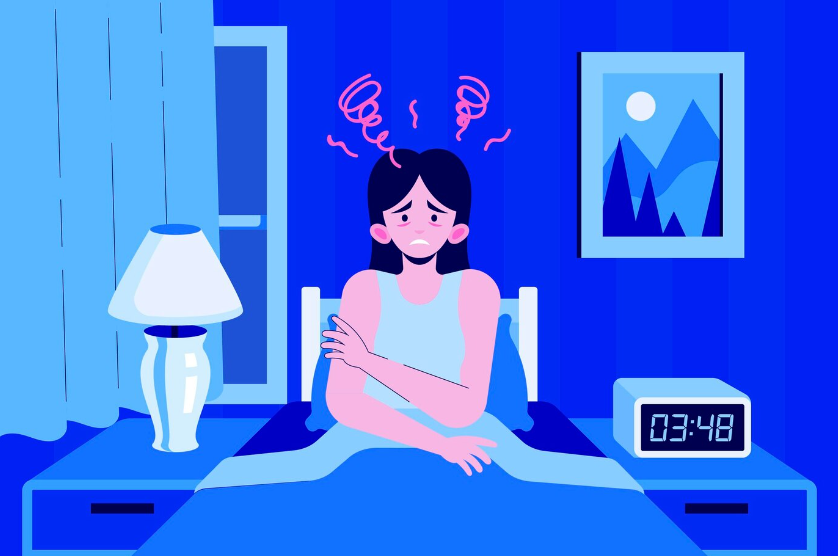
The Role of Hormones in Coping Strategies for Dealing with Insomnia
Introduction: Struggling with insomnia can be challenging, but there are effective coping strategies that can help manage this sleep disorder. Hormones play a crucial role in regulating our sleep patterns, and understanding their influence can aid in developing effective coping strategies. Let’s explore some simple strategies for dealing with insomnia and the role of hormones in this process.
Understanding Hormonal Influence: Hormones like melatonin, cortisol, and adrenaline play key roles in regulating our sleep-wake cycle. Disruptions in these hormone levels can contribute to insomnia, making it harder to fall asleep or stay asleep throughout the night.
Coping Strategies for Insomnia:
- Establish a Relaxing Bedtime Routine: Engage in calming activities before bed, such as reading, taking a warm bath, or practicing relaxation techniques like deep breathing or meditation. These activities can help signal to your body that it’s time to wind down and prepare for sleep.
- Create a Comfortable Sleep Environment: Keep your bedroom cool, dark, and quiet to promote better sleep quality. Invest in a comfortable mattress and pillows that support healthy sleep posture, allowing your body to relax and unwind.
- Limit Screen Time Before Bed: The blue light emitted by electronic devices like smartphones, tablets, and computers can suppress melatonin production, making it harder to fall asleep. Limit screen time before bed and opt for activities that promote relaxation instead.
- Watch Your Diet and Avoid Stimulants: Avoid consuming caffeine, nicotine, and alcohol close to bedtime, as they can interfere with hormone levels and disrupt your sleep. Opt for sleep-promoting foods like bananas, almonds, and herbal teas instead.
- Stay Active During the Day: Regular physical activity can help regulate hormone levels, promote relaxation, and improve sleep quality. Aim for at least 30 minutes of moderate exercise most days of the week, but avoid vigorous exercise close to bedtime, as it may energize you and make it harder to fall asleep.
Conclusion: By incorporating these coping strategies into your routine and understanding the role of hormones in regulating sleep, you can effectively manage insomnia and improve your overall sleep quality. Remember to listen to your body, experiment with different strategies, and seek support from healthcare professionals if needed.
To seek medical advice, always consult a Doctor. Here are our recommended experts. Click Here
To read more on Insomnia. Click Here


